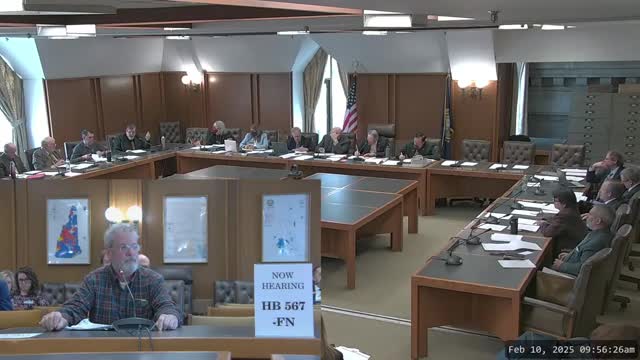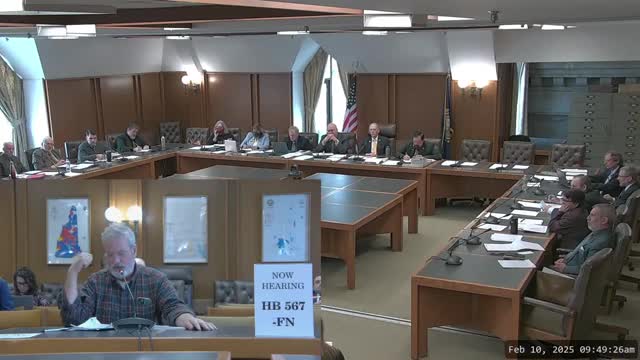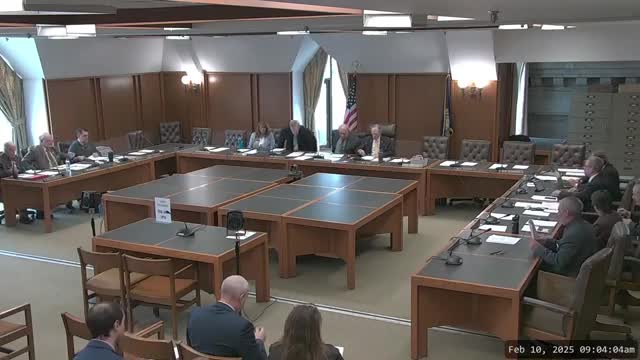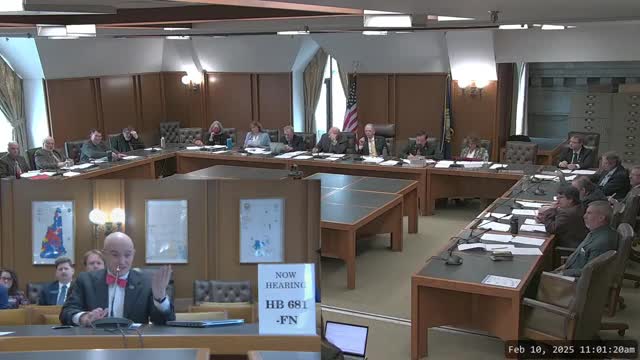Article not found
This article is no longer available. But don't worry—we've gathered other articles that discuss the same topic.

Lawmakers weigh centralized energy data platform: governance, costs and a pending RFP split panel of supporters and skeptics

PUC and utilities flag technical tensions in House Bill 674 on nonwire alternatives and time‑of‑use rates

Lumber, forestry and school officials urge lawmakers not to strip thermal renewable credits; critics call program a hidden subsidy

